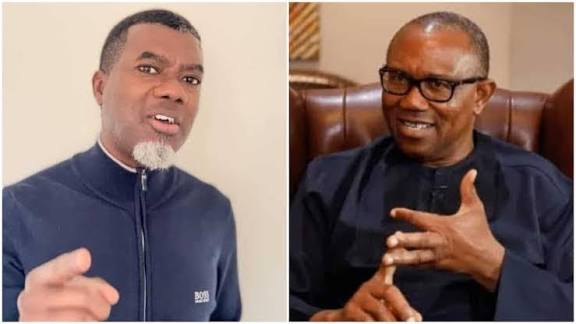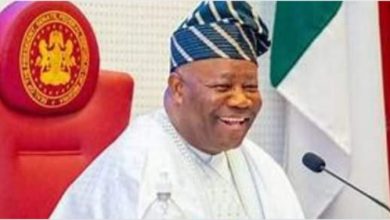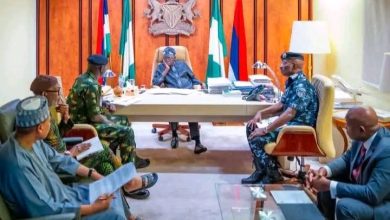Omokri Questions Peter Obi’s Stance on Nnamdi Kanu, Cites Past Terrorism Convictions

By Passman Akpos
A former presidential aide, author and social commentator, Reno Omokri, has criticised Labour Party presidential candidate Peter Obi over his recent comments regarding the life-sentence verdict reportedly placed on the detained leader of the Indigenous People of Biafra (IPOB), Nnamdi Kanu.
In a statement shared on Monday, Omokri argued that Obi’s reaction to Kanu’s case was inconsistent with his silence during past terrorism convictions involving individuals from other regions of the country.
Omokri recalled that when Boko Haram commander Kabiru Sokoto was sentenced to life imprisonment for terrorism, Obi did not frame the judgment as an attack on Northern Nigeria or Islam. He also noted that Obi neither protested the life sentence conviction of Charles Okah, a leader of the Movement for the Emancipation of the Niger Delta (MEND), nor accused the government of targeting the Ijaw ethnic nationality or Christianity.
According to Omokri, these previous cases demonstrated that Obi understood such prosecutions as matters of national security—yet, he claimed that Obi was now “linking Kanu’s sentence to his being Igbo” and advocating for dialogue with the IPOB leader.
> “Why does Peter Obi attack Nigeria over the life sentence verdict placed upon Nnamdi Kanu and link it to his being Igbo? Why is he calling for a parley with Nnamdi Kanu?” Omokri queried.
The controversial commentator, known for his outspoken style on national issues, described himself as a “Gospeller, Deep Thinker, #TableShaker and Ruffler of the Feathers of Obidents”, while reiterating his long-standing criticism of Obi’s political positions.
Nnamdi Kanu’s legal battles and detention continue to generate political tension across Nigeria, with various stakeholders calling for either his release, further prosecution, or a political settlement. Peter Obi has repeatedly urged the Federal Government to pursue dialogue, insisting that a non-kinetic approach is necessary for peace in the South-East.





